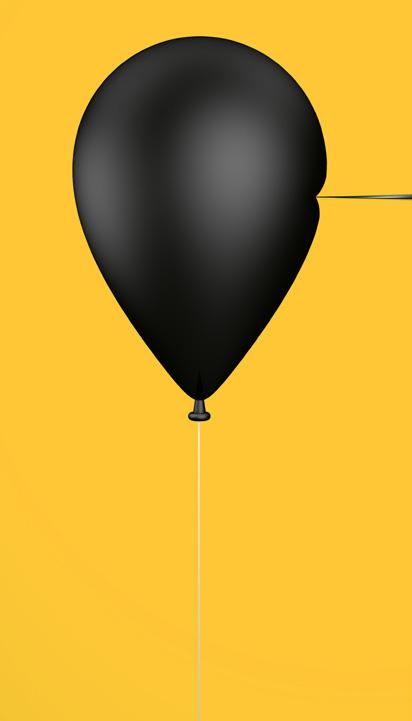YO U R I NVE STI N G
Get Better Returns The holy grail of investing is a safe investment with stellar returns. Martin Hawes has searched for 40 years and never found one, but he suggests some strategies that might work.
We all want our money to work as hard as possible, and to grow our money as fast as we can.
The trick with investment is to get the best investment returns for a certain level of risk.
Finding the best investments, the ones that will give us better returns, seems to be the name of the game.
We all want high returns with low risk, but after 40 years as an investor, adviser and financial author, and 40 years of hunting for such an investment, I have never found it.
However, the problem with investment is that every time you mention the word “returns” you have to remember the word “risk”. When people go out to get better returns, they often do so by taking on more risk. This may be no bad thing of itself but there is one big proviso: you have to be sure that you can tolerate that extra risk. History is littered with impoverished investors who have come unstuck because, in the good times, they took on more risk than was right for them. What is risk? Risk comes down to the proportion of shares and property which are in your portfolio, compared to the amount of fixed interest and cash. This is all about getting the right investment mix, called ‘asset allocation’ in the jargon. WI NTE R 2 0 2 2 | I N F O R M E D I NVESTO R 2 0
In fact, I can confidently say that such a paragon of an investment with low risk and high returns doesn’t exist. The first thing any investor should do is consider how much risk they can tolerate. If you take on too much risk, in the next major downturn you’ll end up very uncomfortable, and probably sell up at the bottom of the market. If you take on too little risk you’ll miss out on a good bit of return. You want the ‘goldilocks’ amount of risk, not too hot and not too cold. Check your risk level I’d encourage all investors to do a “risk calculator”. There are many of these tools available on-line. Government financial education site www.sorted.org. nz has one and some KiwiSaver providers have them.

























